Philip B. Stark
You can do RLAs for IRV
Apr 01, 2020
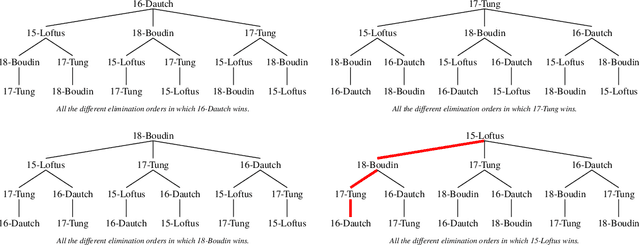
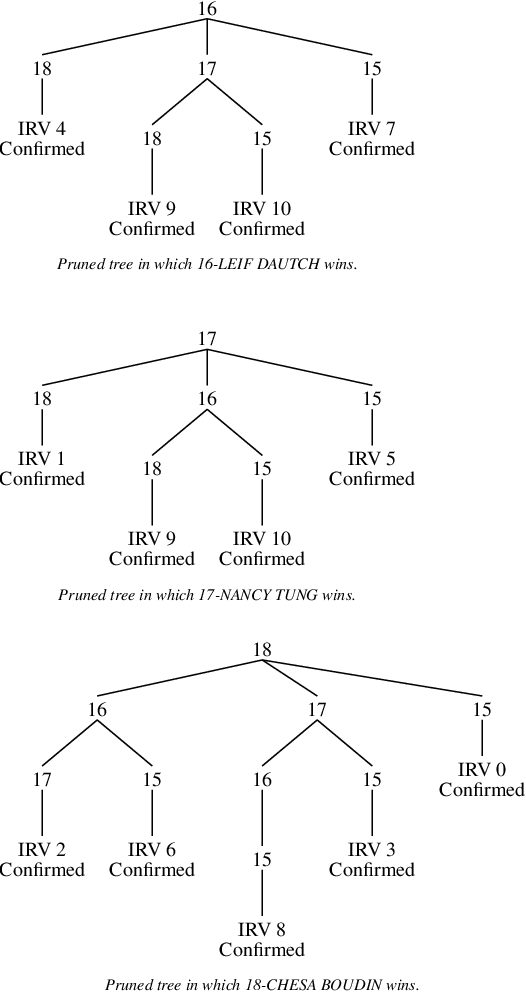
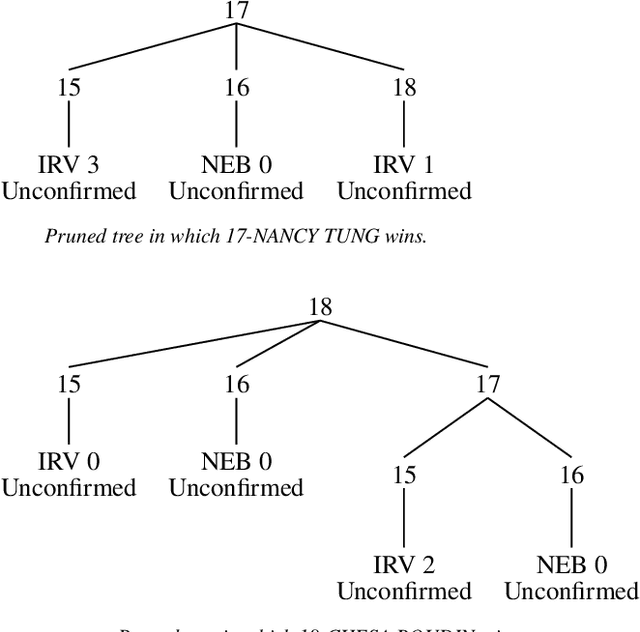
Abstract:The City and County of San Francisco, CA, has used Instant Runoff Voting (IRV) for some elections since 2004. This report describes the first ever process pilot of Risk Limiting Audits for IRV, for the San Francisco District Attorney's race in November, 2019. We found that the vote-by-mail outcome could be efficiently audited to well under the 0.05 risk limit given a sample of only 200 ballots. All the software we developed for the pilot is open source.
Confidence Intervals for Selected Parameters
Jun 02, 2019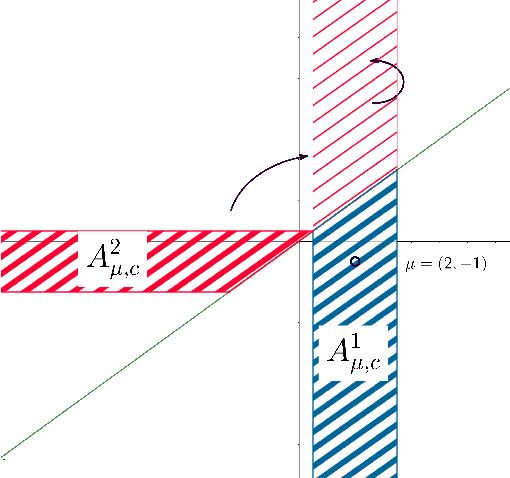

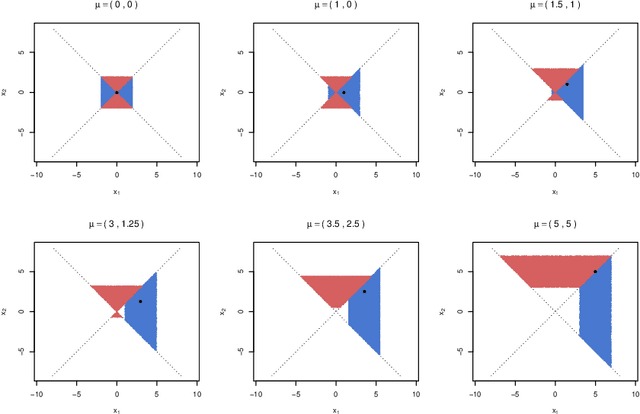
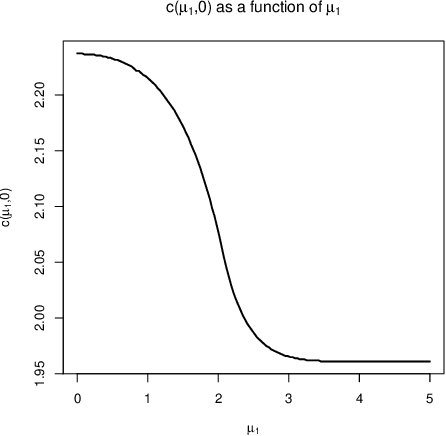
Abstract:Practical or scientific considerations often lead to selecting a subset of parameters as ``important.'' Inferences about those parameters often are based on the same data used to select them in the first place. That can make the reported uncertainties deceptively optimistic: confidence intervals that ignore selection generally have less than their nominal coverage probability. Controlling the probability that one or more intervals for selected parameters do not cover---the ``simultaneous over the selected'' (SoS) error rate---is crucial in many scientific problems. Intervals that control the SoS error rate can be constructed in ways that take advantage of knowledge of the selection rule. We construct SoS-controlling confidence intervals for parameters deemed the most ``important'' $k$ of $m$ shift parameters because they are estimated (by independent estimators) to be the largest. The new intervals improve substantially over \v{S}id\'{a}k intervals when $k$ is small compared to $m$, and approach the standard Bonferroni-corrected intervals when $k \approx m$. Standard, unadjusted confidence intervals for location parameters have the correct coverage probability for $k=1$, $m=2$ if, when the true parameters are zero, the estimators are exchangeable and symmetric.
 Add to Chrome
Add to Chrome Add to Firefox
Add to Firefox Add to Edge
Add to Edge